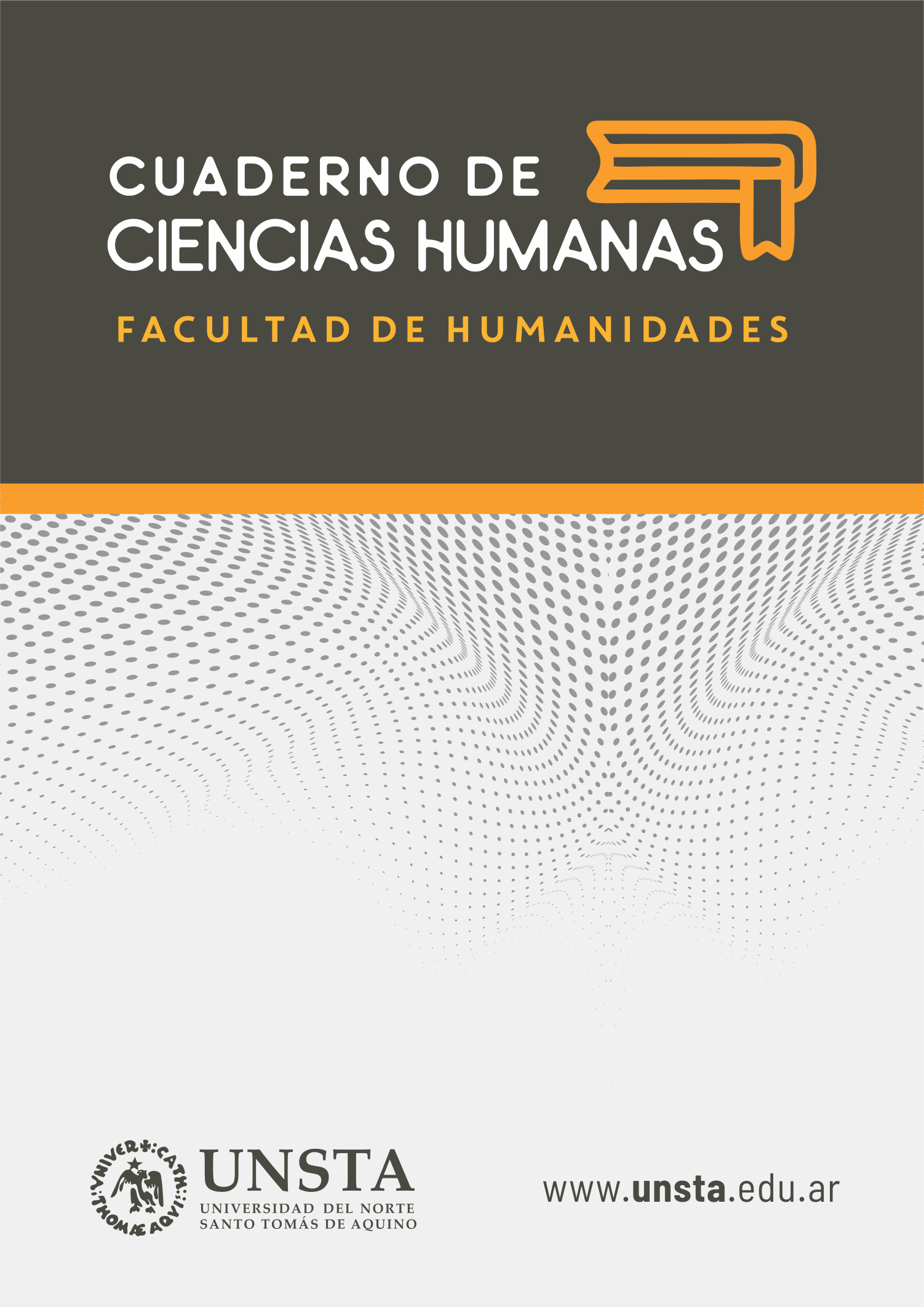To be a person is to value
Keywords:
person, values, action, goodsAbstract
During the pandemic year 2021, we tried to develop a vision of how and what we value, with a particular focus on why we value, how we constitute our value scales, and how our valuing relates to the recognition of authority. In the historical present, we maintain that everything is relative and, at the same time, that there are things that should never have happened –and once they happened they should never happen again. The article proposes to reflect on this question by taking advantage of the ideas of cultures and nature, to be able to distinguish in action, values and goods, with empathic relativity, without relativism, trying to understand that what is valuable is always the experience of someone, to whose sensibility things speak and shine as valuable. Values are abstracted from the motives that an action has had, has, could have, or would like to have, and is experienced as the motivation-energy of real action. Thus we develop the idea of impeding values (which increase our fragility from past wounds), Overflowing values (value, in its real reference, is being set aside by the overflow of our emotionality or our rationality), mirage values (the values in the mirror of my bubble of meaning), phantom values (of merely extrinsic normality) and junk values (which throw human lives as if they were discarded). Finally, it develops the idea that people recognize authority to those who competently defend or promote values that are perceived as such by a community.
Downloads
References
Bergman, I. (2021). La buena voluntad. Fulgencio Pimentel.
Camusso, M., López, I. A. y Orfali, M. M. (2012). Doscientos años del humanismo cristiano en la Argentina. El compromiso con la república, la democracia y el bien común. EDUCA.
Estévez, R. (abril de 2019). Con relojes que atrasan: epílogo ideológico a cuarenta años de Puebla. Instituto Acton. https://institutoacton.org/2019/04/30/con-relojes-que-atrasan-epilogo-ideologico-a-cuarenta-anos-de-pueblaroberto-estevez/
Estévez, R. (marzo 2020). De colectivos y peatones. La naturaleza de la luz. Criterio, 92(2467), 8-11.
Frankl, V. (1981). El hombre en busca de sentido. Herder.
Kirkpatrick, J. J. (1979). Dictatorships & Double Standards. Commentary, 68(5), [s.p.]. https://www.commentary.org/articles/jeane-kirkpatrick/dictatorships-double-standards/
Komar, E. (1996). Orden y misterio. Fraternitas/Emecé.
Lanusse, L. (2005). Montoneros. El mito de sus 12 fundadores. Vergara.
Martins, A. (22 de noviembre de 2016). ¿Qué nos hace realmente felices en la vida?: algunas lecciones de un profesor de Harvard tras años buscando las respuestas. BBC. https://www.bbc.com/mundo/noticias-38071076
O’Donnell, M. (2020). Aramburu: El crimen político que dividió al país. El origen de Montoneros. Planeta.
Ortega y Gasset, J. (1909). Los terrores del año mil. Crítica de una leyenda. El Liberal.
Ortega y Gasset, J. (1921). Biología y pedagogía. En El Espectador (tomo III). [s.e.].
Radcliffe, T. (1994). Entregados a la Misión. Carta a la Orden. OPALCA.
Riebling, M. (2016). Iglesia de espías. La guerra secreta del Papa contra Hitler. Crítica.
Sábato, E. (29 de noviembre de 1992). La corrupción, riesgo de la democracia. La Nación.
Sartre, J.-P. (1944/2004). A puerta cerrada. Losada.
Schwarz, G. (2019). Los amnésicos. Historia de una familia europea. Tusquets.
Sols Lucía, J. (2021). El pensamiento decolonial es colonial. La propuesta Fraternidad Universal desde América. Revista Estudios Sociales, 44(164), 14-50. https://estudiossociales.bono.edu.do/index.php/es/article/view/1017
Stein, E. (2003). La pasión por la verdad. Bonum.
Strauss, L. (1970). ¿Qué es filosofía política? Guadarrama.
Published
How to Cite
Issue
Section
License
Esta licencia permite a otros copiar, mezclar, redistribuir y construir a partir del material, siempre y cuando se dé el crédito correspondiente y sin fines comerciales.




